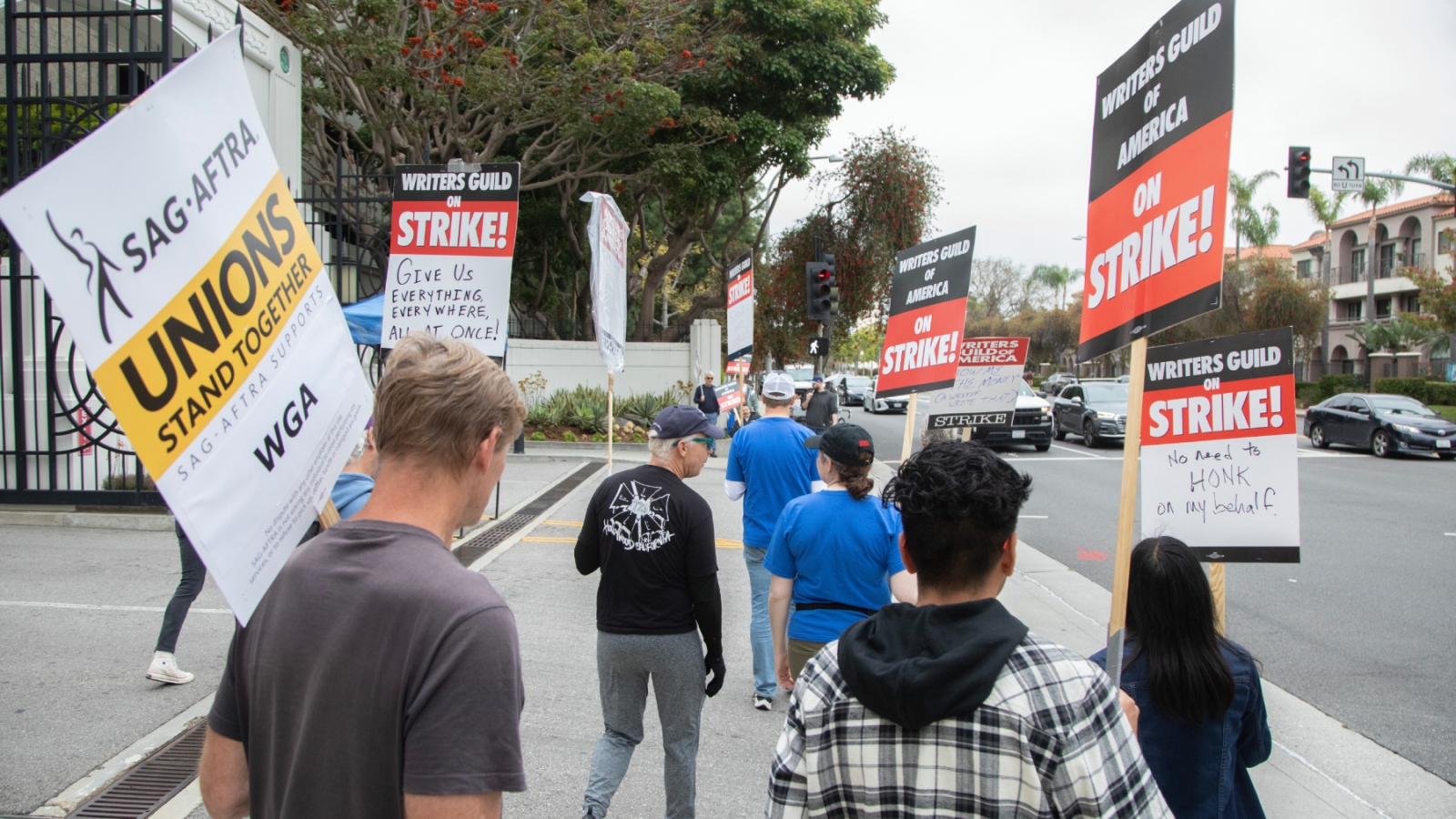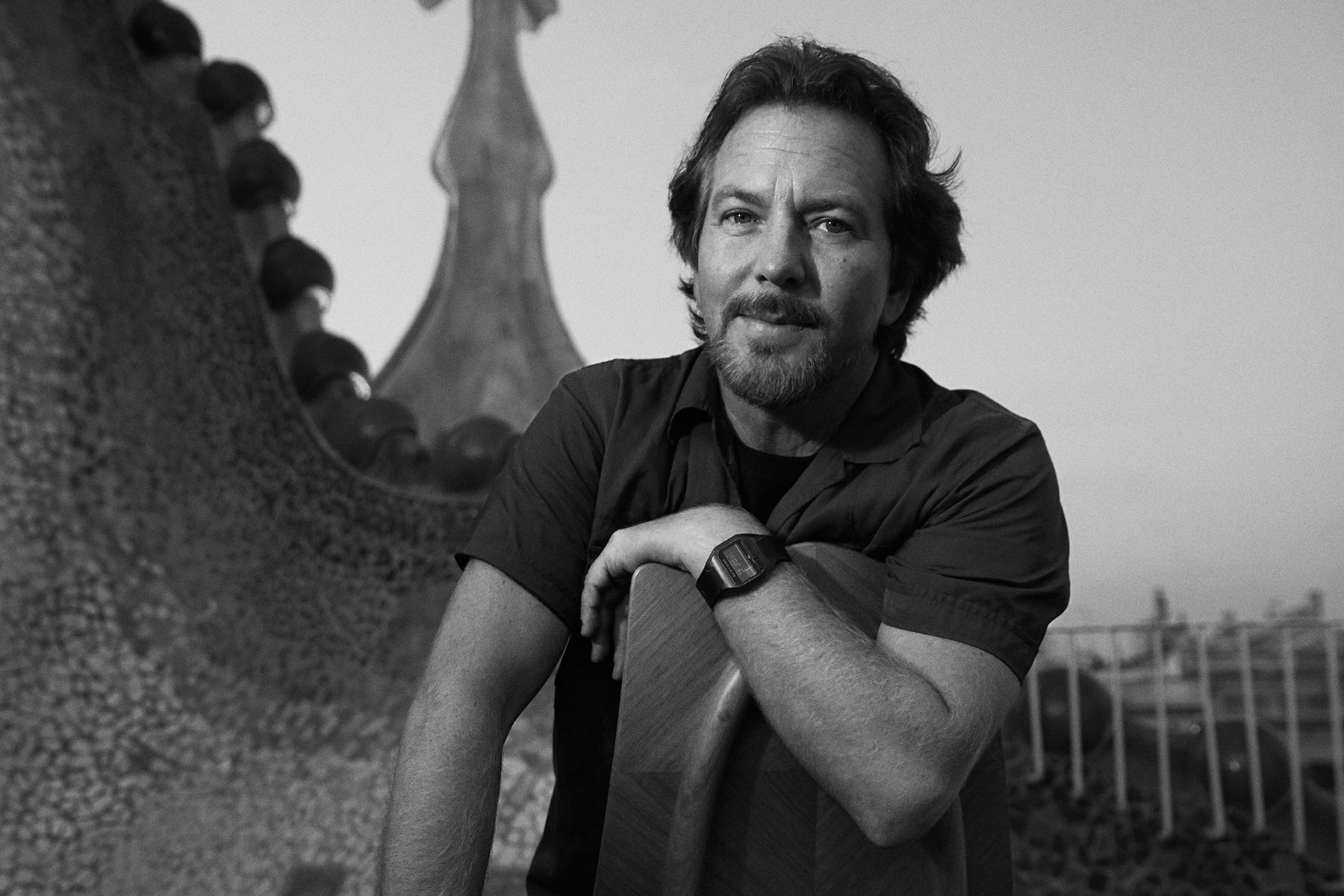
SAG-AFTRA to Extend Negotiations With Studios, Avoiding Strike for Now
Writers Strike
The agreement arrived just hours before the contact was set to expire on Friday
SAG-AFTRA has agreed to extend contract negotiations with the Alliance of Motion Picture and Television Producers (AMPTP) until July 12.
The decision will allow both sides more time to negotiate an agreement over issues such streaming residuals and the use of artificial intelligence. The parties will continue to hash out contract details under a mutually-agreed upon media blackout.
“The agreements, which were set to expire at 11:59 p.m. PT tonight, will now expire on July 12, at 11:59 p.m. PT,” the union and the AMPTP wrote in a joint statement. “The parties will continue to negotiate under a mutually agreed upon media blackout. Neither organization will comment to the media about the negotiations during the extension.”
Earlier this month, SAG-AFTRA announced that its members had authorized a strike if their negotiating committee did not reach an agreement on a new contract with major Hollywood studios by June 30
Following the authorization, SAG-AFTRA President Fran Drescher released a video message with an update on the negotiations, telling members, “We are having an [sic] extremely productive negotiations that are laser focused on all of the crucial issues you told us are most important to you. We’re standing strong and we are going to achieve a seminal deal.”
On Tuesday, Rolling Stone reported that more than 300 actors — including Hollywood stars Meryl Streep, Jennifer Lawrence, Ben Stiller, and Amy Poehler— signed a letter addressed to the SAG-AFTRA Leadership and Negotiating Committee that was allegedly sent to leadership expressing their concern with the idea that “SAG-AFTRA members may be ready to make sacrifices that leadership is not.”
In May, the Writers Guild of America (WGA) went on strike after failing to negotiate a deal with Hollywood studios. WGA members have called for the regulation of AI, fearing the technology could create screenplay drafts with studios hiring writers at day rates to punch up those scripts. At the time, the AMPTP rejected proposals to ban the use of AI to generate films and show scripts, offering instead to hold “annual meetings to discuss advancements in technology.”



